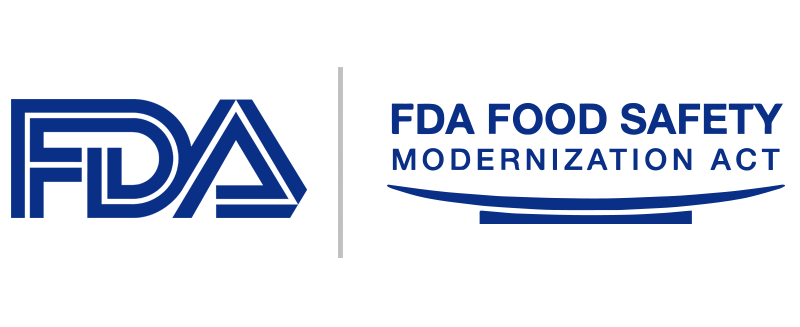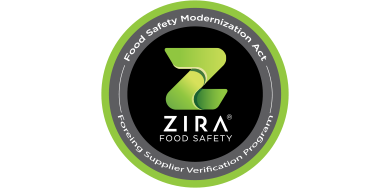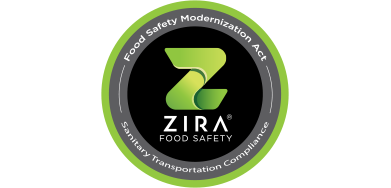
FMSA: Food Safety Modernization Act.

THE FDA FOOD SAFETY MODERNIZATION ACT (FSMA)
The FDA has finalized seven main rules to implement FSMA, recognizing that ensuring the security of food supply is a shared responsibility among many different points in the global supply chain for both human and animal food. The FSMA rules are designed to make clear specific actions to be taken at each of these points to avoid contamination.

1.- CURRENT GOOD MANUFACTURING PRACTICES AND HAZARD ANALYSIS AND RISK BASED PREVENTIVE CONTROLS FOR HUMAN FOOD.

2.- FOREIGN SUPPLIER VERIFICATION PROGRAMS (FSVP).

3.- SANITARY TRANSPORTATION OF HUMAN AND ANIMAL FOODS.
The standard establishes requirements for shippers, loaders, motor vehicle or rail carriers and receivers involved in the transport of food for humans and animals to use sanitary practices to guarantee the safety of these foods. The requirements do not apply to transportation by ship or by air due to legal limitations.
Specifically, the FSMA standard establishes requirements for transportation vehicles and equipment, transportation operations, registrations, training, and exemptions.

4.- FSMA FINAL STANDARD ON PRODUCT SAFETY.
Specifically, the FSMA standard establishes requirements for transportation vehicles and equipment, transportation operations, registrations, training, and exemptions.
- Agricultural water.
- Biological Amendments.
- Outbreaks.
- Wild and domestic animals..
- Training of Workers and Health and Hygiene.
- Equipment, Tools and Buildings..




